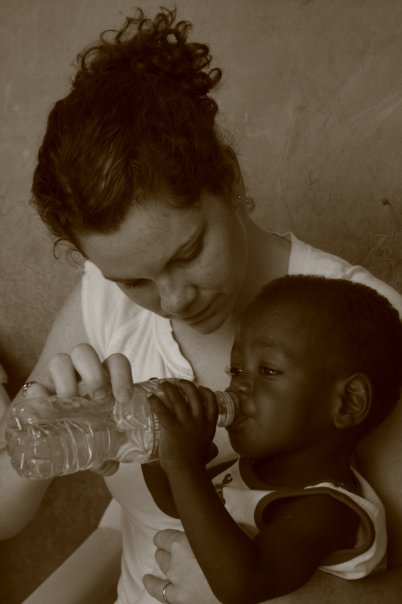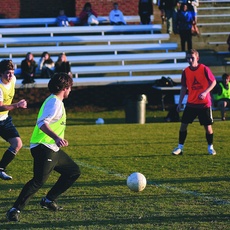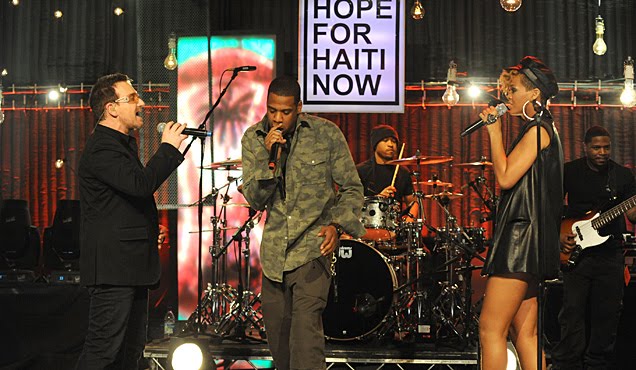
While we must be careful not to minimize the sad truth of all that was lost on January 12, 2010, I want to end my blog with a story of hope for the future. For so many children living in Haiti, that day changed their lives forever, and this is no exception for one orphan boy named Will. However, the difference for Will was that the change brought on by the earthquake was for the better, not the worse.
Beth Peterson had decided to adopt Will a year before the earthquake hit, after meeting and falling in love with him at her parent’s orphanage in Haiti. However, as is often the case with foreign adoptions, the adoption process was moving very slowly and Beth and her husband were not making much progress. A week before the earthquake, Beth was thinking they still had two more years before Will would be allowed to leave.
However, after the earthquake hit, the orphanage where Will lived was damaged and all the kids, like so many others in Haiti, began sleeping outside in tents. Beth knew the conditions for Will were growing worse and decided to act right away. Luckily in the wake of this disaster, she was able to work with US agencies, the American Embassy in Haiti, and Haitian government officials to bring Will home safely after only a week.
Will’s case is a happy, however, uncommon one for the thousands of orphans still living in Haiti, and as time continues to elapse, it’s important we remember those still feeling the effects of the earthquake. This blog has helped to open my eyes to all that is needed in order to ensure a happy ending for not just Will, but all of Haiti.
Slideshow of Will and his new family.
Video of Will’s Story




